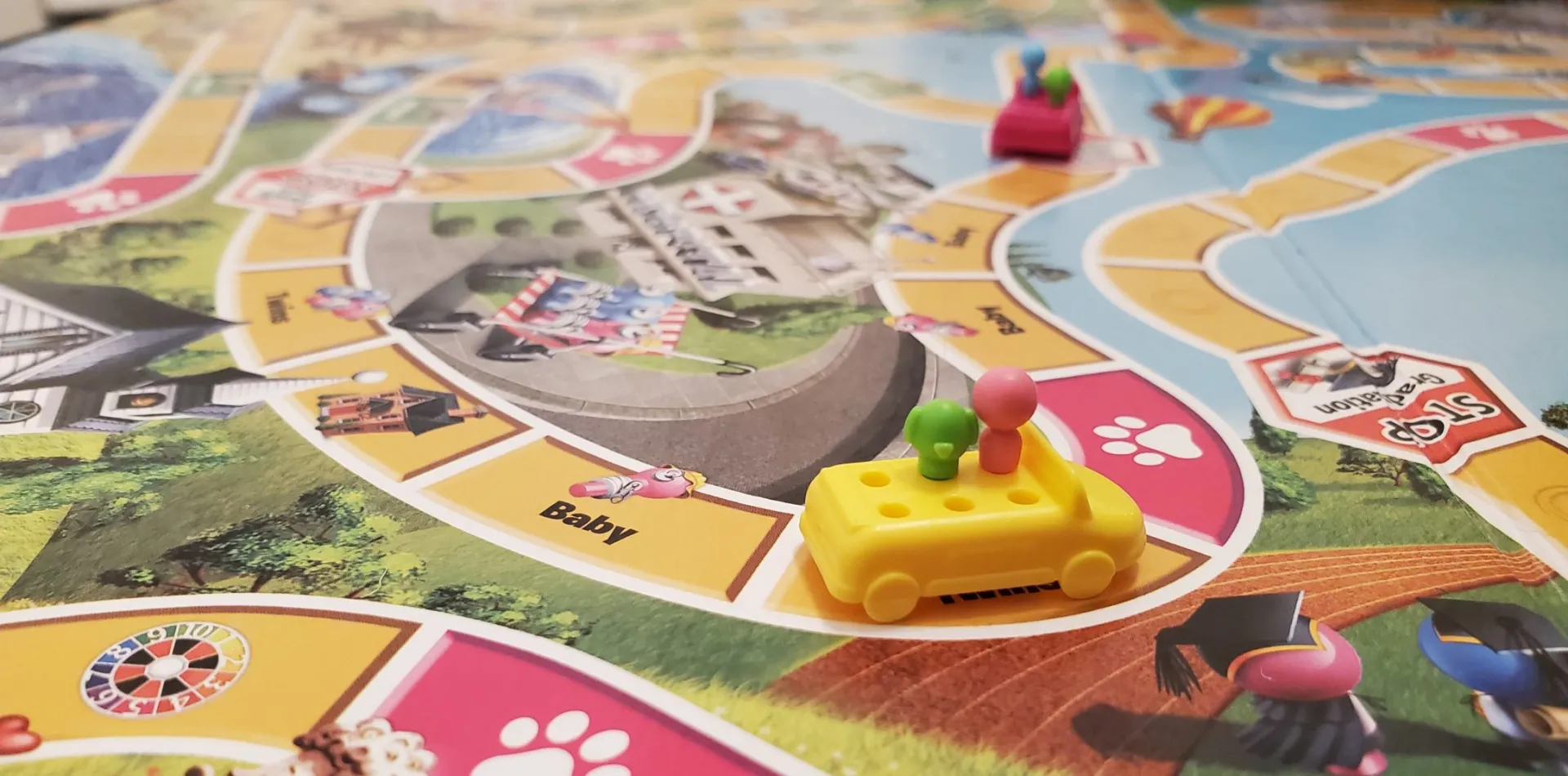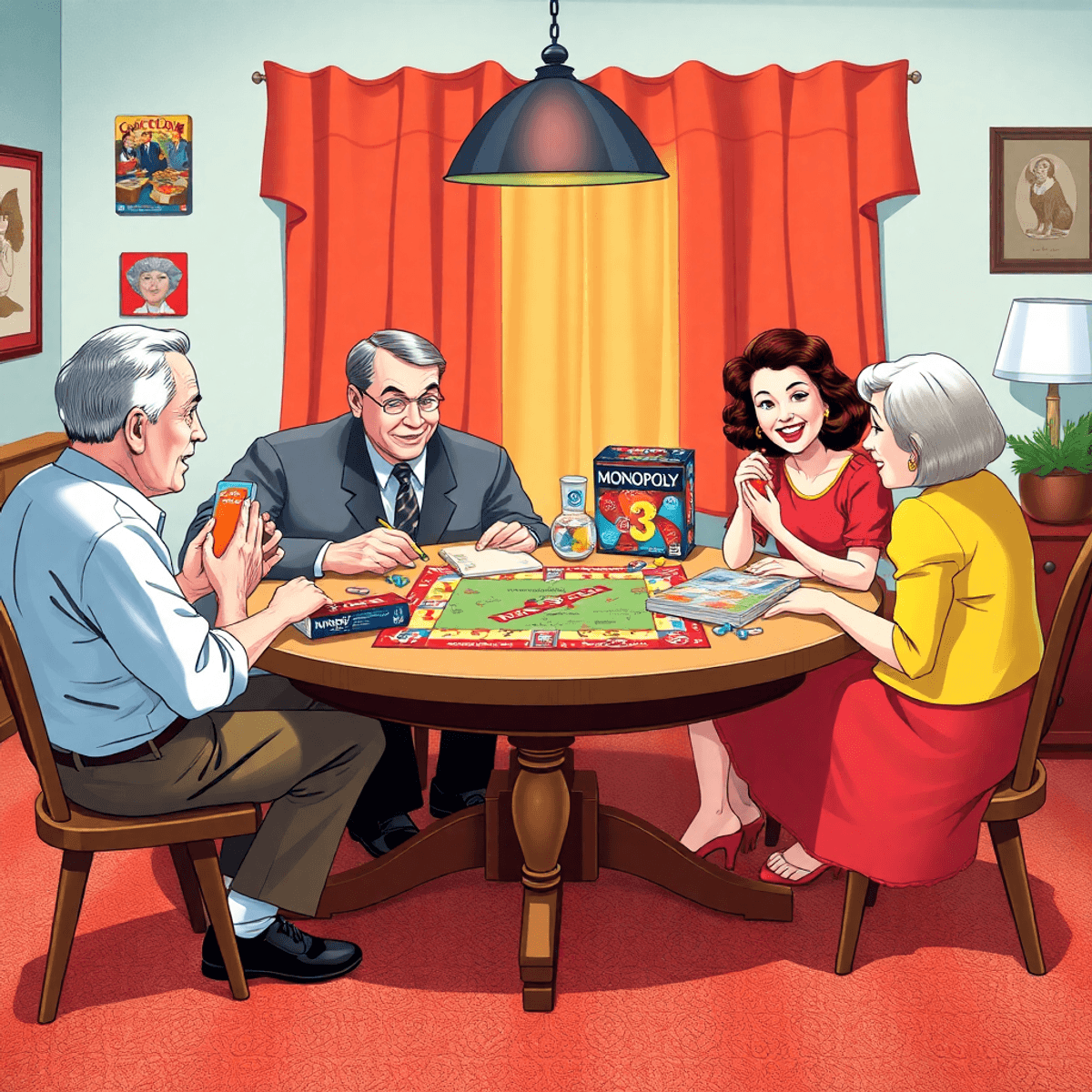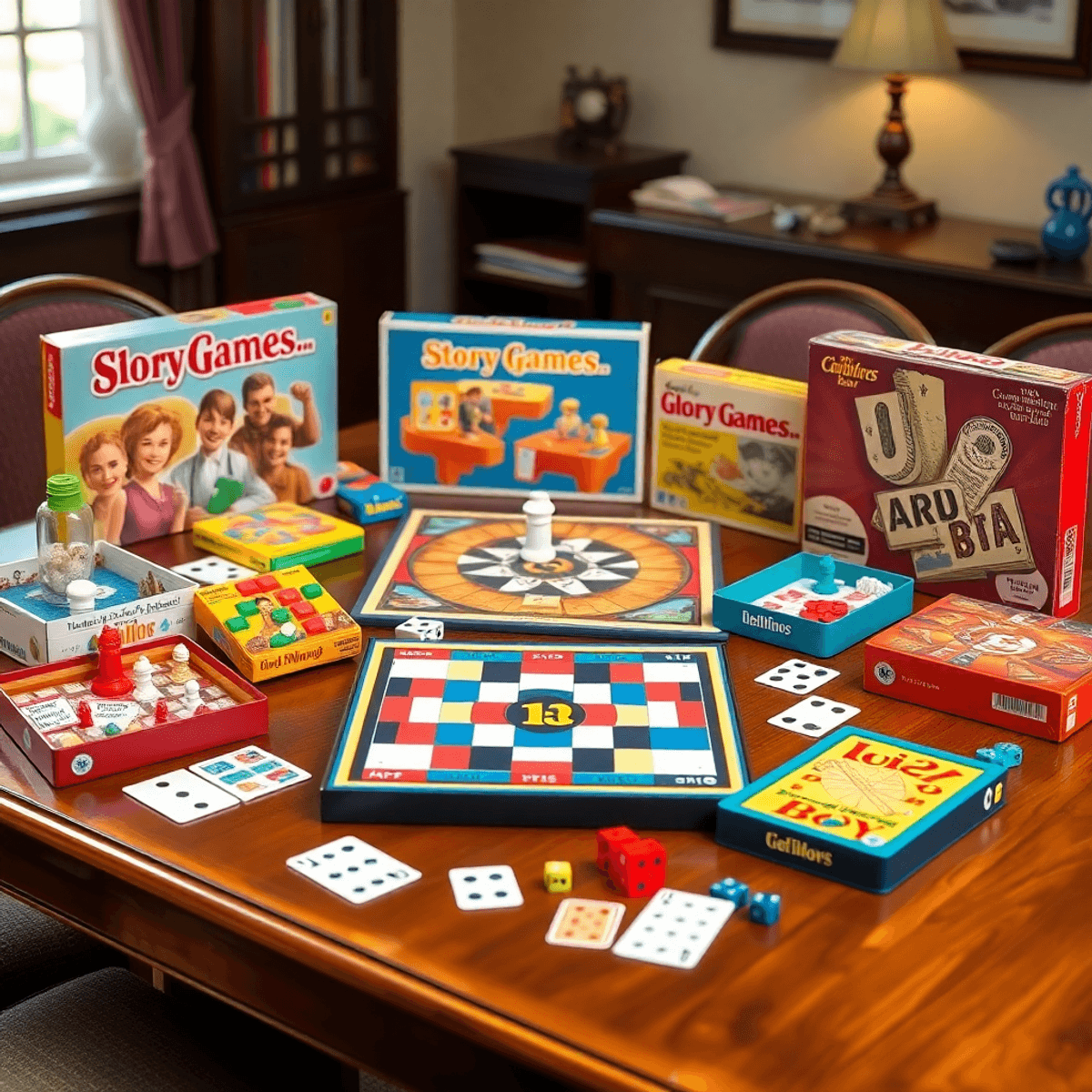
🎲 The Game of Life: A Cultural Icon in Board Gaming
Few board games have had as much influence on pop culture as The Game of Life. Originally created by Milton Bradley in 1860, the game evolved into the modern version we know today in 1960, when it was redesigned by Reuben Klamer.
Unlike simple race-based games, The Game of Life introduced a narrative-driven experience. Players journey through life’s major milestones, choosing careers, starting families, and managing finances. These real-life themes have helped embed the game into pop culture, making it a household name for generations.
🎥 Game of Life’s Influence on Movies & TV Shows
The Game of Life Pop Culture presence can be seen in movies, TV shows, and even commercials. The game’s themes of choice, consequence, and luck have made it a symbolic storytelling tool in various media.
Notable Pop Culture Appearances:
- The Simpsons – Featured a parody of The Game of Life, highlighting its exaggerated depiction of reality.
- Big Bang Theory – The characters debate the game’s mechanics and its influence on decision-making.
- Friends – Chandler and Joey are seen playing The Game of Life, reinforcing its status as a classic.
- Jumanji (1995 & 2017) – While Jumanji has its own magic, its adventure-based mechanics take inspiration from games like Life.
The game’s iconic spinner and life-path choices continue to serve as cultural metaphors in storytelling.
📱 The Game of Life in Digital & Gaming Culture
With the rise of digital board games, The Game of Life expanded beyond its physical board.
Key Digital Adaptations:
- Game of Life (1998, PC Edition) – One of the first digital board game adaptations.
- The Game of Life App (iOS & Android) – Allows online multiplayer gameplay.
- Game of Life 2 (2020) – A modernized version with customized careers, vehicles, and paths.

Beyond official adaptations, elements of Game of Life Pop Culture appear in video games like The Sims, which shares similar life-simulation mechanics.
🎭 How The Game of Life Influenced Other Board Games
The Game of Life paved the way for decision-driven board games, influencing titles like:
- Careers (1955) – Another life-choice board game that preceded modern RPG elements.
- Monopoly (1935) – While focused on economics, Monopoly shares Life’s competitive, decision-based structure.
- The Pursuit of Happiness (2015) – A more modern take on life simulation board games.
Its impact can be seen in modern storytelling games that use life paths, branching choices, and real-world themes.
📜 The Game’s Legacy: More Than Just a Board Game
Despite changes in gaming culture, The Game of Life remains timeless. Families continue to play it, and its core themes of opportunity and consequence still resonate.
The game has been referenced in literature, music, and advertising, proving its enduring influence in pop culture. As long as people make choices in life, The Game of Life will remain relevant.
🎭 Conclusion: The Game of Life’s Lasting Influence
The Game of Life Pop Culture legacy proves that board games can be more than just entertainment. They shape our media, influence storytelling, and even inspire digital adaptations. This classic game continues to evolve, proving its lasting impact on generations of players.



